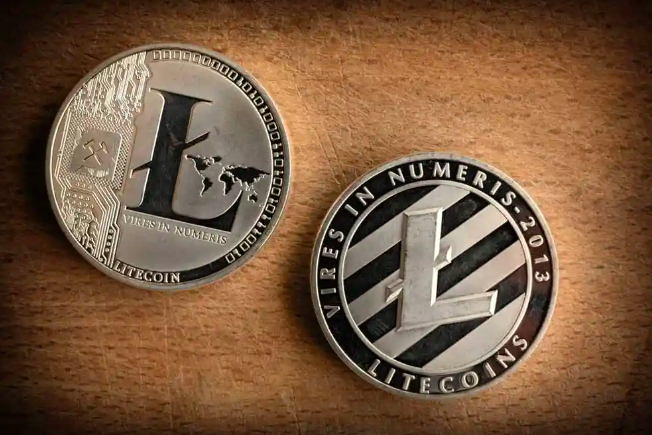Thai SEC intends to ban crypto lending in the country

The Securities and Exchange Commission (SEC) of Thailand is preparing to take radical measures in the aftermath of crypto lending platforms’ crashes experienced in Summer 2022. Thai SEC plans to prohibit crypto platforms from providing or supporting digital asset depository services.
The announcement, published on the official webpage on Sept. 15, reports that the SEC has opened a public hearing on the matter and will be collecting opinions until Oct. 17.
In principle, the regulator intends to ban any staking and lending services from the “digital asset business operators” to protect traders and the general public from the “risks of such transaction providers.”
The planned ban includes several principal points. It will prohibit operators from taking a deposit of digital assets with a promise to pay returns to depositors —even if the returns come not from the growing value of the assets but the promotion budget. Advertising of lending and depositary services would also be banned.
Crypto lending platforms got themselves in serious trouble this summer amid the general market meltdown, such companies as Celsius Network and Voyager Digital have frozen their withdrawals and then filed for bankruptcy.
Thailand saw its own example in Zipmex — a crypto exchange that suspended withdrawals in July, citing a “combination of circumstances beyond [its] control.” In September, the SEC accused crypto exchange and its co-founder Akalarp Yimwilai of non-compliance with local laws and referred the matter to the police. The regulator claims that Zipmex had not provided information on digital wallets and crypto transactions in compliance with the country’s Digital Assets Act.
The SEC will also implement stringent advertising rules for cryptocurrency firms operating in the country, starting from October. Firms will have to limit advertising directly promoting cryptocurrency to "official channels" like their own websites and will be required to hand over details of adverts and spending, including the use of social media influencers and bloggers and their terms, to the SEC.
This article is authorized for publication, and unless the source is indicated, it is submitted by users and does not represent the position of our website. If the content involves investment suggestions, it is for reference only and not as an investment basis.







